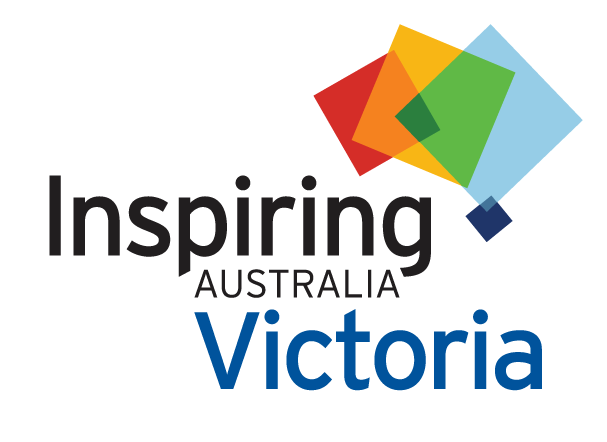Create It Comp
With engineers, anything is possible! To celebrate Engineers Australia’s 100th birthday, we are encouraging Australians to think about how engineering has helped them in all parts of their lives. So,…
With engineers, anything is possible! To celebrate Engineers Australia’s 100th birthday, we are encouraging Australians to think about how engineering has helped them in all parts of their lives. So,…
Consciousness remains one of the biggest mysteries of the human brain. Our perception of what exists as well as our thoughts, feelings, imaginings and dreams has attempted to be understood by philosophers through conceptual analysis and thought experiments. Neuroscientists have sought to describe it as a biological process of neuronal activity captured by measurable tests of brain activity. Increasingly, philosophers and neuroscientists are joining forces, but consensus is elusive. Do we experience consciousness only while we are awake? Do other animals experience consciousness? Does it fade after brain damage? Are intelligent computers conscious? Is consciousness a process? What is it for? We have invited a neuroscientist and philosopher to share their research and perspectives on consciousness and to provide some guidance on these questions.
The Yarra Ranges community is invited to an afternoon focused on skills, employment and technology as part of Education Week at the Box Hill Institute and Yarra Ranges Tech School.This event will showcase Yarra Ranges Tech School's facilities, technology and programs through workshops and an open house. The learning spaces and technology labs will be accessible for direct interaction by attendees during the tour.Ahead of the tour there will be a panel of key industry representatives who will provide an outline of their industry, the skills being sought and share experiences of their own journeys in the area of STEM, robots and automation.
Write a poem about THE MOON: it could be about travelling to the Moon; some human history or culture that includes our understanding of the Moon; what the Moon has taught…
For centuries artists from many cultures have been inspired by the Moon, the most prominent feature of our night sky. The exhibition includes historical works created when the Moon could only be viewed from afar, works from the era of the 1960s space race, and more contemporary responses informed by the imagery and scientific knowledge acquired through space exploration.
In celebration of our 50th birthday and the Moon landing on 21 July 1969 (Australian Time) we are running a competition to win a small piece of the Moon! Open…
The Radio Amateurs of the Tablelands Radio & Electronics Club, in Far North Queensland are commemorating the 50th year since the Lunar Landing, by operating a special event call sign…
Come and take part in a range of hands on science experiments and explore the world of STEM. For children ages 5-12.
Bring a jar of soil from home and learn how to manage the soil pH levels in your organic garden. You will have the opportunity to test your soil and…
Young inventors The young inventors is a project based learning program that provides a hands-on science, technology, engineering, arts and math opportunity to budding young inventors. They will be using…
Celebrate the 50th anniversary of the Moon landing by building your own space-themed game. Get together with your friends, download the step-by-step instructions, and learn to code your own game.…
Space celebrates the 50th anniversary of the Moon landing (20 July) with an exhibition that examines humankind’s longstanding fascination with space and space travel. The exhibition explores the romance of space…
The Victorian Inspiring Australia program is a community-focused initiative led by the Royal Society of Victoria, in partnership with the Commonwealth Government and the State Government of Victoria.
We acknowledge the First Peoples of Victoria and the essential ancestral knowledge held, recovered and enacted by Elders. We acknowledge that this land and its millennia-old relationship with First Peoples was never ceded. We acknowledge the many injustices suffered by the knowledge keepers and Custodians of Country through the disrespectful actions and attitudes of early members of the Victorian scientific community. We express our sincere regret for the ignorance and bigotry of those who preceded us.
Copyright Royal Society of Victoria. 2024 - All Rights Reserved
